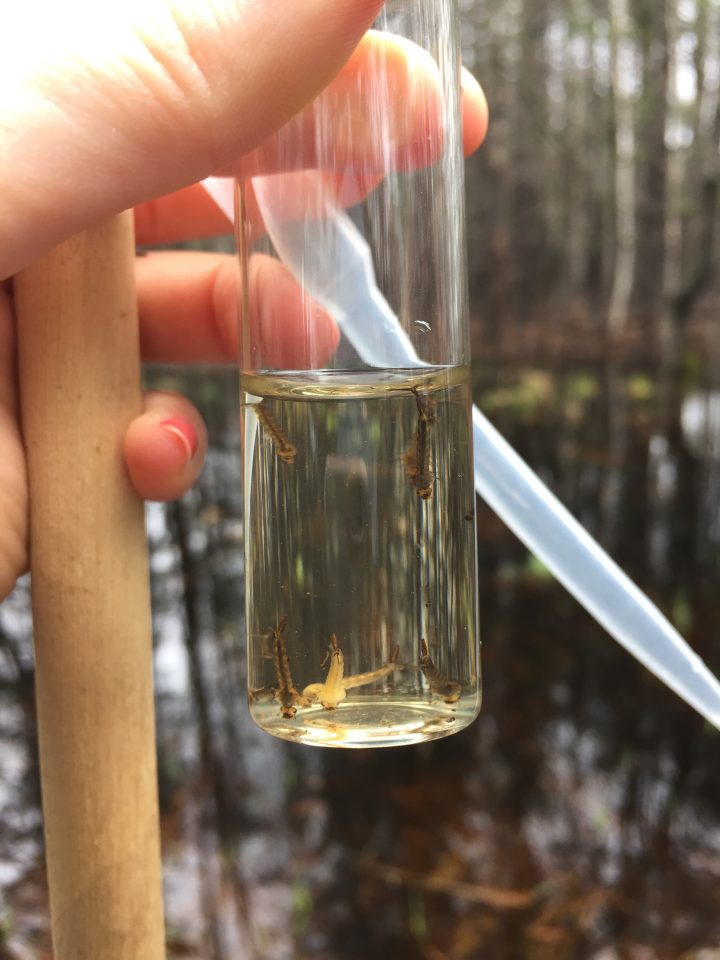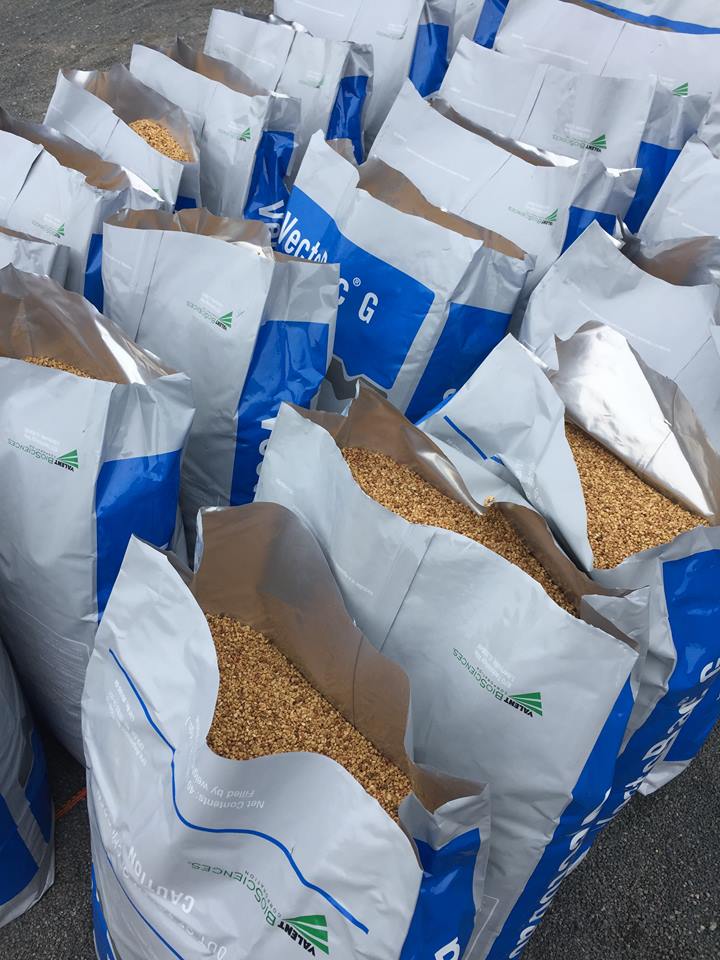
Program Description
The Metropolitan Mosquito Control District (MMCD) provides a variety of services to over 3 million people living in an area covering 2,900 square miles in the seven county Minneapolis and St. Paul, Minnesota metropolitan area.
Services Include:
- Survey for and control mosquitoes that transmit human diseases,
- Monitor deer tick populations and provide public education regarding Lyme and other tick-borne diseases,
- Survey for and control nuisance causing mosquitoes, biting gnats, and mosquitoes that transmit dog heartworm,
- Public education regarding all aspects of District programs, with emphasis on ways to reduce risk of mosquito and tick-borne diseases.
MMCD is governed by a board of 18 elected county commissioners, each representing their respective county boards in setting yearly budgets, developing policy and overseeing District operations.
District activities are reviewed for technical competence and environmental safety by a technical advisory board. The board is composed of scientists, representatives from other public agencies, and other technical experts.

Larval Control
The Metropolitan Mosquito Control District uses natural soil bacteria and a mosquito growth regulator to control mosquitoes while they are still in their larval stage. These materials are applied by hand to small mosquito breeding sites and by helicopter to areas larger than three acres.
Bti – Bacillus thuringiensis var. israelensis is used to control biting gnats and larval mosquitoes. Bti is a natural soil bacteria that disrupts the digestion of mosquitoes and biting gnats. Bti is embedded in a ground corn cob granule.
Methoprene – is used to keep larval mosquitoes from fully developing by mimicking a juvenile hormone found naturally in immature mosquitoes. This product is dispensed in pellet or briquette form. Methoprene is used either as a long-lasting briquette or a 30-day pellet.
Spinosad - is a natural substance made by a soil bacterium that can be toxic to insects. It is a mixture of two chemicals called spinosyn A and spinosyn D. It is used to control a wide variety of pests, including mosquitoes.
Long-Term Effects?
MMCD has been treating mosquito breeding sites in the metro area for years. Are there any long term effects of treating these sites?
MMCD assembled a Scientific Peer Review Panel to help answer this question and spent a decade studying the effect of larval treatment on test sites in Wright County – just outside MMCD’s treatment area. Click here to see the study results.

Adult Control
Localized adult mosquito control is done to reduce mosquito annoyance and disease vector populations. MMCD uses pyrethroids which are similar to the natural botanical insecticides derived from chrysanthemums.
Adult mosquito control supplements the larval control program. Adulticide applications are performed after sampling detects mosquito populations meeting threshold levels, primarily in high use park and recreation areas, for public events, or in response to citizen mosquito annoyance reports.
Click here to find out where adult mosquito control treatments are scheduled to take place.
If you are interested in hiring a private contractor to spray for adult mosquitoes, the Minnesota Department of Agriculture can tell you if the contractor is licensed.
Click here to look up the license status of private pesticide applicators



